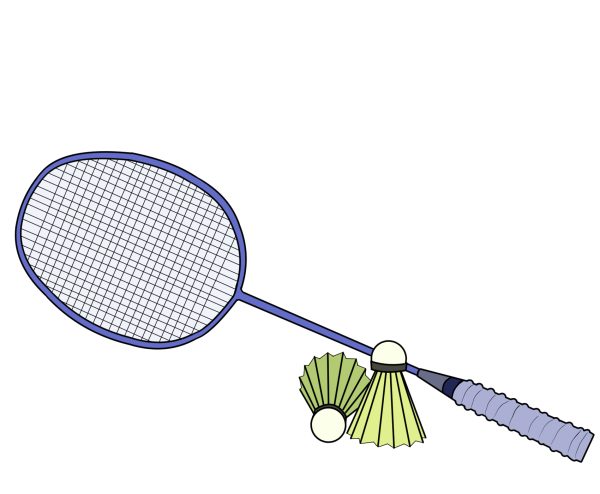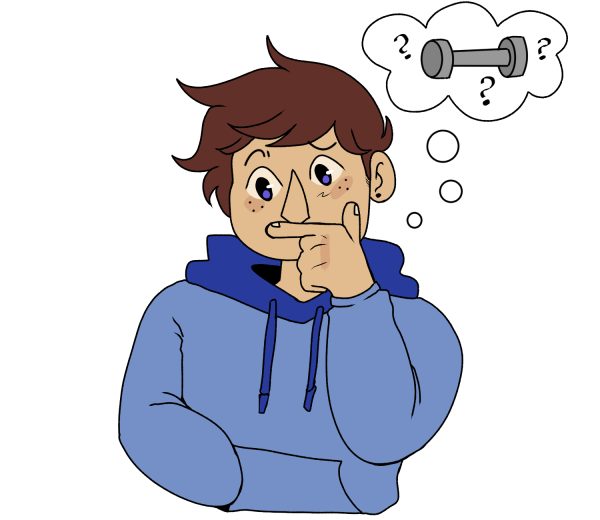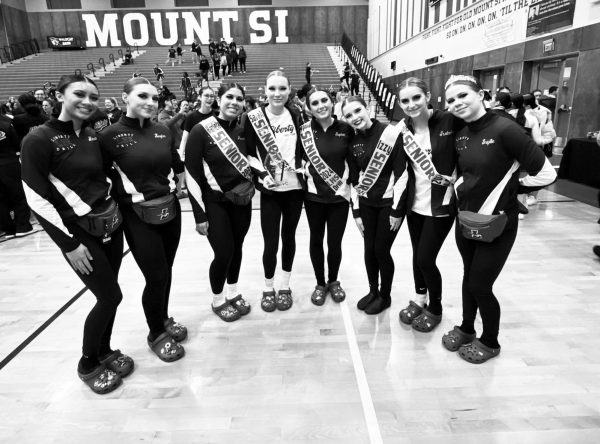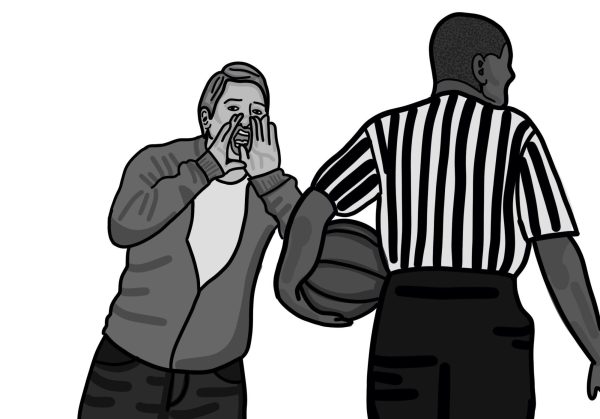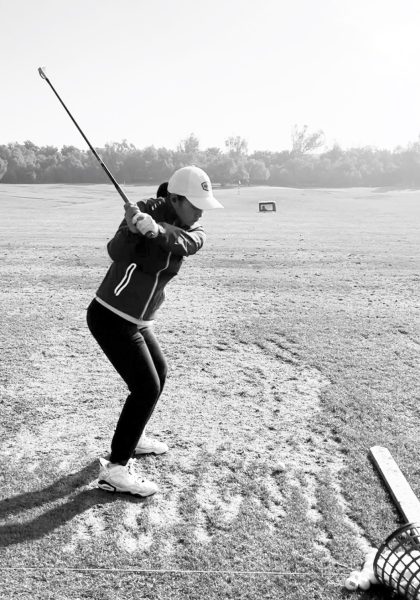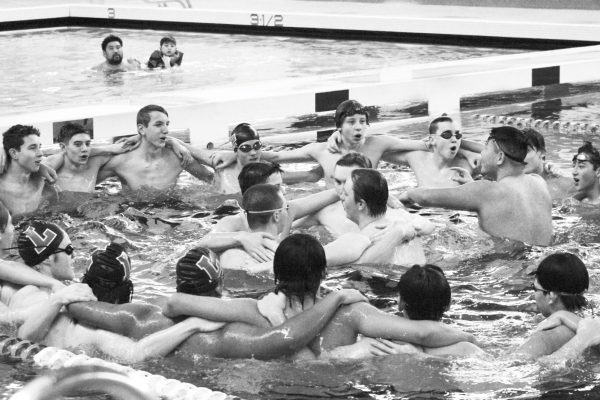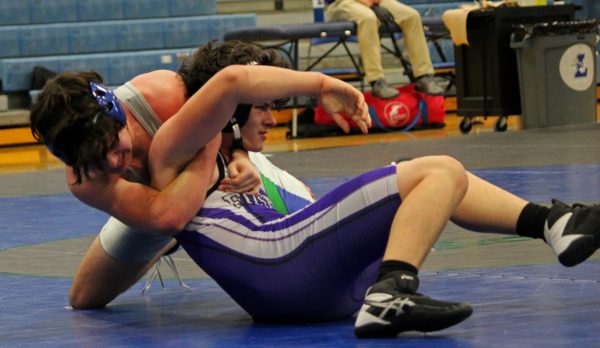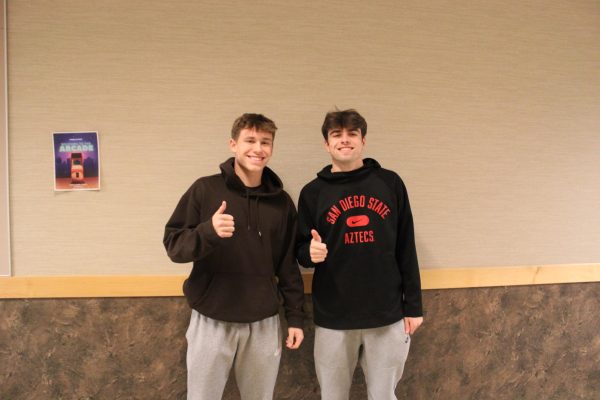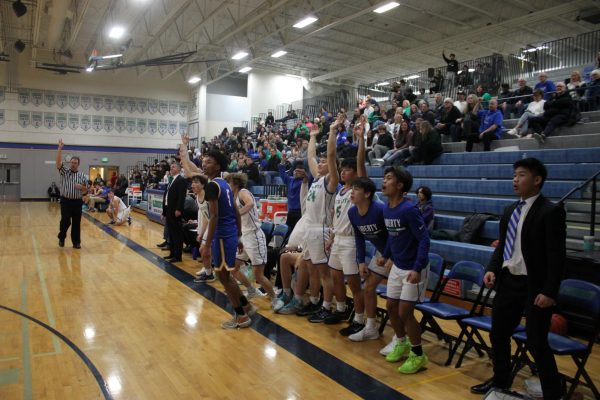School vs. sports: how do we prioritize?
December 1, 2015
High school athletes around the world dedicate themselves to activities that go beyond the classroom, sacrificing their time, effort, money, and sleep in doing so. But is this sacrifice worth it? Do we reap the benefits of a greater purpose in athletics that the classroom just can’t provide?
In the Issaquah School District, all student-athletes are required to have a C average in classes or a 2.0 GPA, and have zero F’s in any classes or else they are placed on academic probation. For many students, this standard causes players to miss time on the field with their teams, leaving them frustrated and disappointed.
What comes with these grade requirements for players is how to handle their time at home after practices, if they have any time at all. Soccer player Nathan Christopher and varsity football quarterback Nate Solly both reflected on how their amounts of homework affect their everyday lives after practice.
“I don’t understand how everyone expects students to be well-rounded. When soccer season is going on, it’s very difficult to find the time to balance school and sports,” Christopher said.
“After practice I just come home and find a quiet place and just grind it out,” Solly said. “You just have to go home and get it done. Dinner can wait.”
So how do we balance this juggling act between school and sports, and find a way to get a healthy amount of sleep at night? With some athletes in AP classes, is this balance even possible?
Senior Chris Hasenheyer is a starting offensive lineman for the football team, participates in community service as an eagle scout, and is in 4 AP classes.
“I stay up until 11:30 or up until midnight every night of the school week. My time to hang out with friends outside of extracurricular activities like football is minimal.” Hasenhayer said. “I feel I have to put in the hard work now, because I owe it to myself to achieve academically.”
Liberty varsity soccer coach Darren Tremblay feels that our generation of students is under a lot more pressure than student-athletes when he was in high school.
“I can’t imagine being a high school student athlete these days,” Tremblay said. “When you play a sport after school two or three hours a day and then you have to go home and do homework for a couple of hours it is tough, but I think our kids do a great job.”
Despite all the trouble, these athletes wouldn’t trade their opportunities on the field for anything, including sacrificing sleep, time, and all other components that make a student-athlete’s life harder.
“Soccer has helped me become a better person by developing a team mentality that has created a motivation to succeed even when things aren’t going your way,” Christopher said. “The bond with your teammates drives you to give everything you’ve got for your team.”
“In high school you have to learn how to manage your time really well with football and school,” Solly said. “So I think that sports have definitely helped me become more efficient.”




